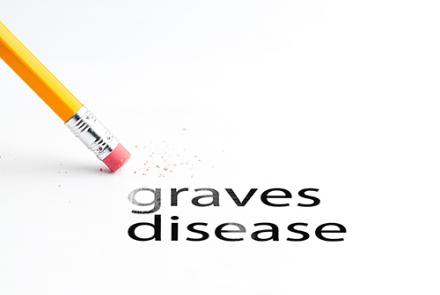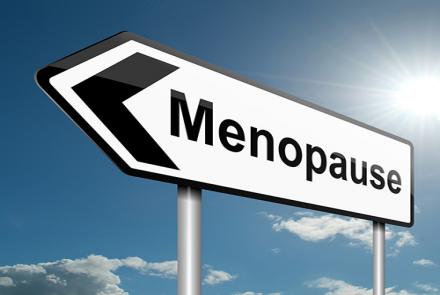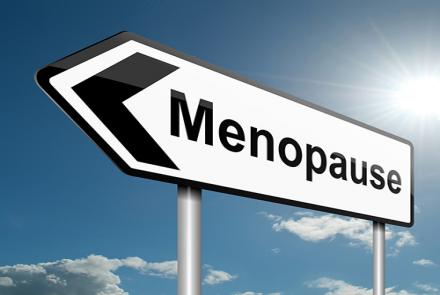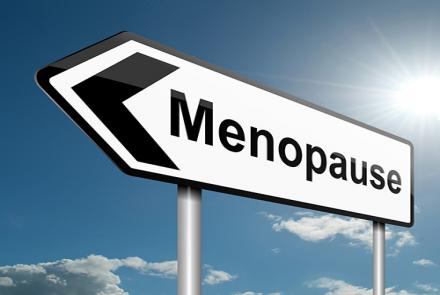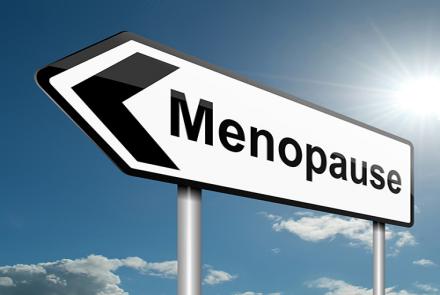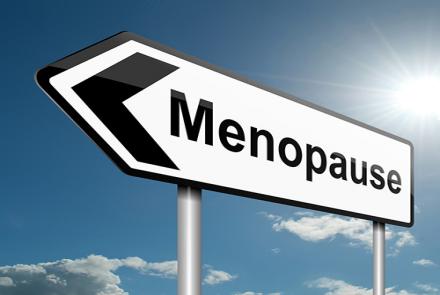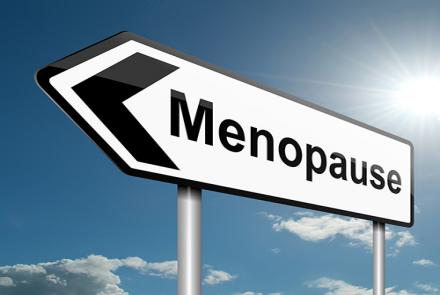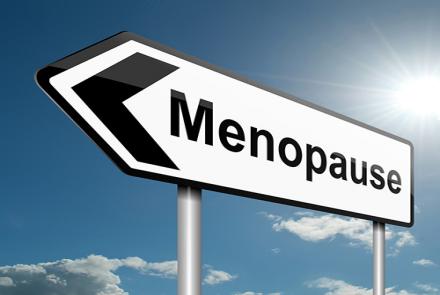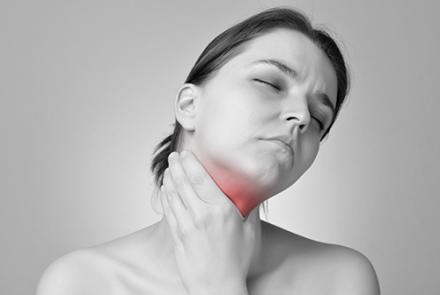
Nearly 42 million people in India suffer from thyroid diseases. Thyroid dysfunction can play havoc with your life and normal functioning, if left uncontrolled. Dr. Manoj Chadha, Consultant Endocrinologist at Hinduja Healthcare Surgical, helps us understand the various complications of thyroid disorder and the importance of early detection and management.
What are the 5 common thyroid problems and disorders?
- Hypothyroidism [Decreased function of thyroid gland]
- Hyperthyroidism [Overfunction of thyroid gland]
- Thyroiditis [Inflammation of thyroid gland]
- Goitre [Swelling / Enlargement of thyroid gland]
- Thyroid malignancy [Thyroid cancer]
What are the symptoms of hyperthyroidism and hypothyroidism?
- Hypothyoidism:
Fatigue, lethargy or Excessive weakness; Cold intolerance; Constipation; Unexplained weight gain; Body swelling or puffiness; Dry skin, Aches pain or stiffness in muscle or joints; Menstrual disturbances [Heavy or irregular bleeding]
- Hyperthyroidism:
Palpitations; Tremor/shakiness; Increased sweating [Heat intolerance]; Increased frequency of bowel movements, Weight loss despite increased appetite, Nervousness, sleep disturbances and irritability; muscle weakness and exhaustion.
What is Hashimoto's thyroiditis?
Hashimoto's thyroiditis is an autoimmune condition in which the immune system turns against the body's own tissues. Patient’s thyroid gland is attacked / destroyed by their own immune system. It tends to run in families. Over time production of thyroid hormone from thyroid gland decreases leading to hypothyroidism. Worldwide, it is most common cause of hypothyroidism. It is a chronic lifelong disease.
Why are there so many thyroid problems in women today?
Both Hashimoto’s thyroiditis and Graves’ disease [Most common cause of hypothyroidism and hyperthyroidism respectively] are autoimmune diseases. Autoimmune diseases are more common in females, exact reason is not known. However, it is possibly due to stronger immune system in females, role of female sex hormones, presence of two X chromosomes and effect of past pregnancy.
Pregnancy leads to increased demand on maternal thyroid and in females with mild thyroid dysfunction leads to hypothyroidism during pregnancy. Also during postpartum period thyroid is susceptible to inflammation [Postpartum thyroiditis].
Does chronic stress exacerbate an underlying thyroid condition?
Acute stress can precipitate Graves’ disease [Most common cause of hyperthyroidism], however chronic stress doesn’t. Stress is not associated with exacerbation of any other thyroid illness.
However people with chronic stress can have variety of symptoms such as low energy, diarrhea / constipation, muscles aches or pains, palpitation, sleep disturbances etc many of which mimic symptoms of thyroid illness.
What is the correlation between thyroid function and weight loss/gain?
Hypothyroidism [hypo-function] leads to weight gain. Bodyweight increases on an average 10% due to fat accumulation and water retention.
Hyperthyroidism [over-function] leads to significant weight loss despite increased appetite.
What is the association between thyroid hormone levels and insulin resistance?
Thyroid hormone promotes insulin sensitive glucose transport in muscle and also promotes fat burning. These effects help to sensitize muscle to insulin, thereby decreasing insulin resistance.
However, in both Hypothyroidism and Hyperthyroidism insulin resistance is increased due to complex mechanism.
Can hypothyroidism cause PCOS or increase symptoms and complications of menopause?
Symptoms of hypothyroidism can mimic those of PCOS [Delayed or absent menses, obesity etc] and hence it is essential to check thyroid hormone levels of every patient presenting with symptoms suggestive of PCOS. Diagnosis of PCOS after ruling out thyroid dysfunction.
Symptoms such as fatigue, sleep disturbances, irregular menses, depression and mood swings are common to both hypothyroidism and menopause. Coexisting hypothyroidism in menopausal women can increase these symptoms. Hence checking for thyroid function is essential in every female with menopausal symptoms.
Are most thyroid problems caused by autoimmune disorders?
Yes. Autoimmune thyroid disorders are probably the commonest cause of thyroid disorders. Other causes of thyroid disorders are goitre, thyroid malignancy, iodine deficiency disorder etc.
Why are thyroid conditions misdiagnosed or undiagnosed so often?
Symptoms due to thyroid disorder may absent or too mild in early stages and hence patient may not seek consultation. Many of serious thyroid illness such as congenital hypothyroidism, thyroid dysfunction in pregnancy or thyroid malignancy may be totally asymptomatic and hence may not be screened and treated. Also when present thyroid symptoms [eg Fatigue, lethargy Constipation; Weight gain; Body swelling or body ache; Menstrual disturbances] are too non specific and are common in general population hence thyroid illness may not be suspected. Also these symptoms may be attributed to ageing, menopause, obesity, drug side effect etc and thyroid function may not be checked. Also in-depth knowledge of different types of thyroid function test and their variation with age, illness and type of thyroid dysfunction is necessary for doctor prior to treatment; errors in interpretation may lead to misdiagnosis.
What are risk factors that may increase your chance of developing thyroid cancer?
Risk factors for thyroid cancer are history of external irradiation during childhood, familial history of thyroid cancer.
How is a thyroid disease treated?
Treatment is cause specific. Hypothyroidism is treated by replacing levothyroxine [Thyroid hormone] orally. Hyperthyroidism is treated either by drugs blocking production of thyroid hormone or radioiodine administration to ablate thyroid gland or surgical removal of thyroid. Thyroiditis mostly needs symptomatic treatment [anti-inflammatory]. Goitre if big or compressing on trachea or vocal cord is treated by surgical removal. Thyroid cancers are surgically removed; in case of spread to other areas large dose radioiodine ablation of thyroid cancer is done.
The incidence of thyroid diseases is growing alarmingly in India. Why is it so?
This increase in incidence of thyroid disorder is both apparent and true. The apparent increase is due to increase awareness in both doctors and patients regarding thyroid dysfunction and there is increase availability and affordability of thyroid function test in entire country. The ageing population is also prone to thyroid disease resulting in a true increase in numbers. Screening for congenital hypothyroidism is routine in some Indian states leading to increased pickup of this disorder.
And are there any statistics available for prevalence of thyroid disorders in India?
It has been estimated that about 42 million people in India suffer from thyroid diseases. Mumbai based study has shown that congenital hypothyroidism is commoner in India occurring in 1 out of 2640 neonates. [Worldwide average value of 1 in 3800 subjects].
From various studies prevalence of hypothyroidism in adults is estimated to be 2-4%, while subclinical hypothyroidism is about 10%. Prevalence of hyperthyroidism is estimated to be around 1-2%.
Studies have shown that around 12% of Indians have palpable goiter. Thyroid cancer accounts for about 0.1%–0.2% of all cancer. The age-adjusted incidence rates of thyroid cancer per 100,000 are about 1 for males and 1.8 for females as per the Mumbai Cancer Registry.


